Sony Xperia Z4 specs review
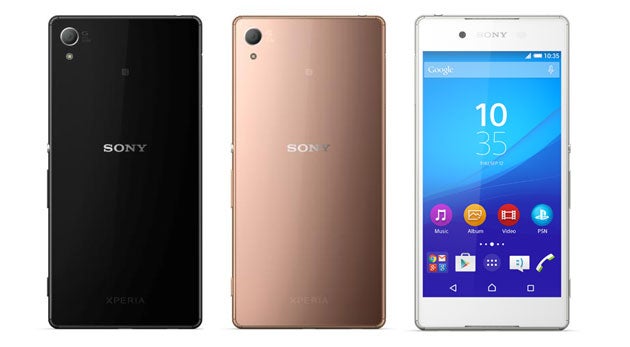
You can’t argue that while there are some subtle differences, the Xperia Z4 is for the most part a look-alike, a copy of last year’s Z3. Then, the Z3 was a copy of the Sony Xperia Z2, which was a bolder, but still very gradual evolution over the original Xperia Z.
Under the hood, though, the Xperia Z4 is a brand new monster, packing the latest system chip and a nifty improvement to the cameras. It also runs on Android 5.0 Lollipop, skinned with Sony’s light custom user interface. With all this in mind, let’s take a closer look at the detailed specs.
Design: same old, but thinner and lighter
The design approach in the Xperia Z4 as a whole has not changed: the overall rectangular form of the phone with rounded edges remains, and so do the materials (glass on the back and front, sandwiched between a sturdy, metal frame). The dreamy rumors about a fingerprint scanner embedded in the side positioned lock screen have turned out to be nothing more than a false alarm.
The Xperia Z4 is slimmer and lighter than the Z3
Some slight improvements have been introduced, though: the Z4 is thinner and lighter. Sony has trimmed down the device to merely 6.9mm in thickness (on par with the iPhone 6, and 0.4mm less than the 7.3mm Xperia Z3), and weight is reduced to 5.08 oz (144 grams), down from 5.36 oz (152 grams) on the Z3. The new Xperia Z4 will be available in four colors: white, black, copper, and aqua green.It’s also interesting to notice that the matte aluminum frame on the Xperia Z3 is replaced by a glossy-looking, much more reflective side on the Z4. Also, gone is the magnetic port used to dock the phone into stands, and the SIM card and microSD card slot are housed behind a single protective flap. All the rest remains the same, and we’re also happy to see the dedicated two-way camera shutter key on the Z4.
Good news is that this conservative approach to design means that the Xperia Z4 remains water-proof with IP68 certification. Given that Samsung has dropped the water protection in its Galaxy S6, the Z4 remains the only flagship phone with protection from the elements. While in earlier Xperia Z flagship phones, Sony has always used a flap to protect the microUSB port from water damage, in the Xperia Z4 the company has now moved to a fully protected port without a flap, which is a nice little touch.
Display: 5.2" with a 1080 x 1920-pixel resolution
We don't have a lot of details about the screen used in the Xperia Z4 except for the very basic ones: it will be a 5.2-inch display with a resolution of 1080 x 1920 pixels. We've examined the difference between a Quad HD and 1080p panel in depth in a separate article, where we conclude that at regular viewing distances, that differences is practically impossible to notice, so we are not hugely disappointed by the fact that Sony has not adopted the trendy new Quad HD resolution.
What's more important is the actual color representation. The Xperia Z2 and Xperia Z3 made some progress towards a better display (the Xperia Z3 even allows for control over the R/G/B channels, so that you can calibrate your screen), but none were perfect, so we hope that Sony made good use of that room for improvement in the Z4.
What’s ticking under the hood of the Xperia Z4 is the latest Qualcomm Snapdragon 810 system chip, an octa-core solution with four high-performance Cortex A57 cores running at up to 2GHz, and four Cortex A53 battery-savvy cores clocked at up to 1.5GHz.
This is effectively the same setup used on flagships like the HTC One M9, but we’re yet to see how Sony has managed to do with the excessive heat that the Snapdragon 810 system chip seems to radiate, especially given the thinner dimensions of the phone.
The RAM memory is 3GB, and good news is that we now have 32GB of internal storage in the base model, with an option to expand on that via microSD cards of up to 128GB.
Under the hood: Snapdragon 810
What’s ticking under the hood of the Xperia Z4 is the latest Qualcomm Snapdragon 810 system chip, an octa-core solution with four high-performance Cortex A57 cores running at up to 2GHz, and four Cortex A53 battery-savvy cores clocked at up to 1.5GHz.
This is effectively the same setup used on flagships like the HTC One M9, but we’re yet to see how Sony has managed to do with the excessive heat that the Snapdragon 810 system chip seems to radiate, especially given the thinner dimensions of the phone.
The RAM memory is 3GB, and good news is that we now have 32GB of internal storage in the base model, with an option to expand on that via microSD cards of up to 128GB.
In terms of connectivity, the handset features a Category 6 4G LTE modem with support for local, Japanese carriers, where it can reach a maximum of 225Mbps download speeds (using carrier aggregation).
The main camera on the Xperia Z4 is a 20-megapixel Exmor RS one and the phone uses a large, 1/2.3” camera sensor, the biggest on Android phones so far.
What’s particularly interesting is that there’s also a 5-megapixel selfie cam that features optical image stabilization (OIS). This should allow for sharper photos in low light. Additionally, the 25mm wide-angle lens on top of the sensor allows for more people to fit in one frame, which is nice when there’s a whole group of you trying to take a selfie (usie?).
Going for a slimmer design, Sony was obviously forced to use a lower-capacity battery in the Xperia Z4, which features a 2930mAh cell, while its predecessor sported a slightly larger, 3100mAh battery. We’re yet to see how this translates on the actual battery longevity of the phone, but one thing to keep in mind is that the Xperia Z3 was a great starting point: it scored at the very top of our battery life test, so even if we see slightly degraded battery life on the Z4, we can still expect it to outlast the competition.
Sony has not announced an official price for the Xperia Z4, but we can safely bet that it will be priced right in the $650 off-contract ($200 on a 2-year contract) industry tradition. Availability will be limited to Japan for the initial launch, while a very similar model is expected to get unveiled later on for the rest of the world.
The release date is again not set in stone, but chances are that we will see the Z4 on store shelves in early summer, around the end of May/beginning of June.
Cameras: 20-megapixel main shooter, 5-megapixel selfie cam with optical stabilization
The main camera on the Xperia Z4 is a 20-megapixel Exmor RS one and the phone uses a large, 1/2.3” camera sensor, the biggest on Android phones so far.
What’s particularly interesting is that there’s also a 5-megapixel selfie cam that features optical image stabilization (OIS). This should allow for sharper photos in low light. Additionally, the 25mm wide-angle lens on top of the sensor allows for more people to fit in one frame, which is nice when there’s a whole group of you trying to take a selfie (usie?).
Battery life
Going for a slimmer design, Sony was obviously forced to use a lower-capacity battery in the Xperia Z4, which features a 2930mAh cell, while its predecessor sported a slightly larger, 3100mAh battery. We’re yet to see how this translates on the actual battery longevity of the phone, but one thing to keep in mind is that the Xperia Z3 was a great starting point: it scored at the very top of our battery life test, so even if we see slightly degraded battery life on the Z4, we can still expect it to outlast the competition.
Conclusion: price, availability and release date
Sony has not announced an official price for the Xperia Z4, but we can safely bet that it will be priced right in the $650 off-contract ($200 on a 2-year contract) industry tradition. Availability will be limited to Japan for the initial launch, while a very similar model is expected to get unveiled later on for the rest of the world.
The release date is again not set in stone, but chances are that we will see the Z4 on store shelves in early summer, around the end of May/beginning of June.



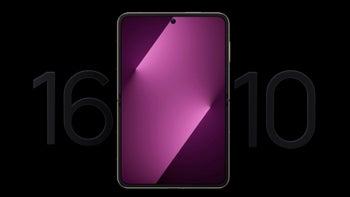





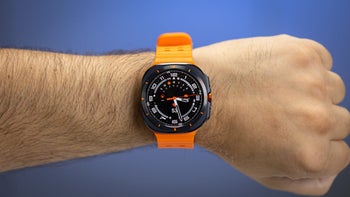
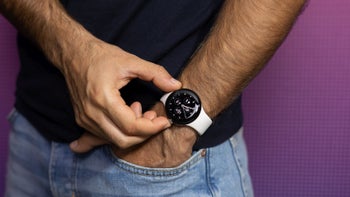
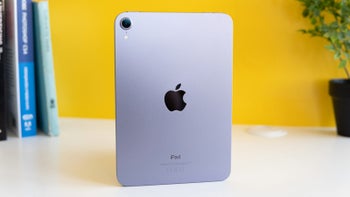
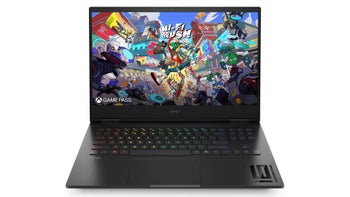

Things that are NOT allowed: